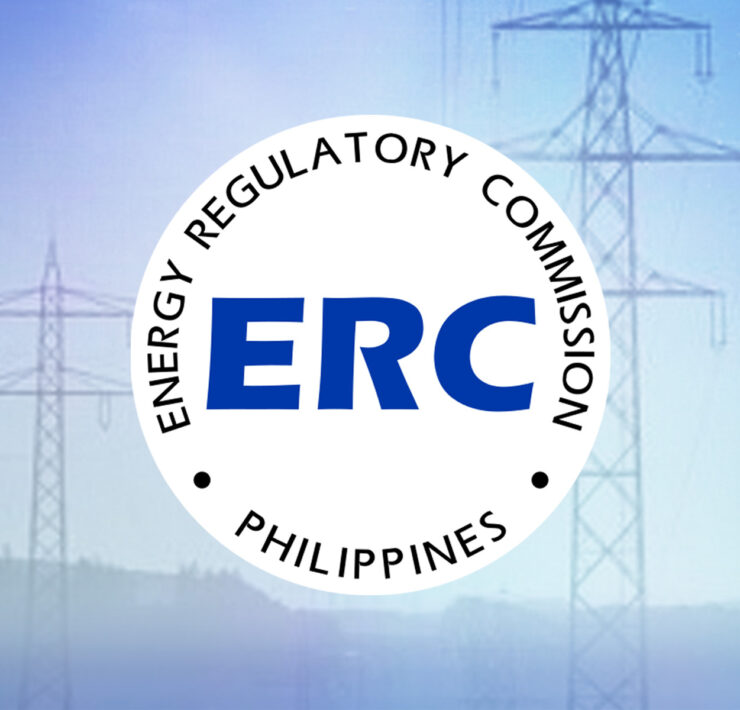Energy transition is ‘irreversible’–ACEN chief

Despite a recent shift in capital flows back to fossil fuels—mainly influenced by United States President Donald Trump’s rhetoric against renewable energy—clean power producers remain focused on advancing the transition to a low-carbon future.
According to ACEN Corp. president and CEO Eric Francia, the sector has faced “some headwinds” amid Trump’s tirades against clean energy, particularly solar and wind energy.
As such, he laments that stock prices of renewable energy firms have dropped significantly, while fossil fuels have surged to all-time highs.
“It just shows you the sentiment right and capital is flowing more into fossil fuel,” Francia tells the Inquirer.
“The US is the US, right? It impacts … the global flow,” he adds.
Just a few weeks after regaining his position, Trump immediately ordered to increase land and water access for fossil fuel extraction, with the chief executive saying, “We will drill, baby, drill.” Trump also openly expressed his disapproval of more wind and solar farms, alleging that they are “ridiculous” given the hefty budget to make them operational.
One of the industry giants that has made a sharp turn from renewables is London-based BP, formerly British Petroleum. The group previously committed itself to pursuing low-carbon projects and cutting its oil and gas production. However, just late last month, BP inked a $25-billion deal to redevelop Iraq’s oil and gas fields.
In a separate interview, Peter Garnace, equity research analyst at Unicapital Securities Inc., also considers Trump’s pro-fossil fuel stance as a major setback for the renewables development worldwide.
“This could bring down raw material and feedstock costs globally, making conventional fuels more attractive for energy generation,” Garnace tells the Inquirer.
Staying the course
Despite all these external pressures, Francia says many purpose-driven companies are shunning the noise.
“They’re still committed, very much committed, and are partnering with groups like us to really deliver on that. So [there are] small wins. It’s like a quiet revolution,” he says.
ACEN ended 2024 with an attributable renewables capacity of 7 gigawatts (GW). It hopes to expand this to 20 GW by 2030.
“Most people now are [putting their] heads down. But we let the actions do the talking, because, after all, science does not change. This energy transition is irreversible. We have no choice. It’s an imperative,” Francia says.





















